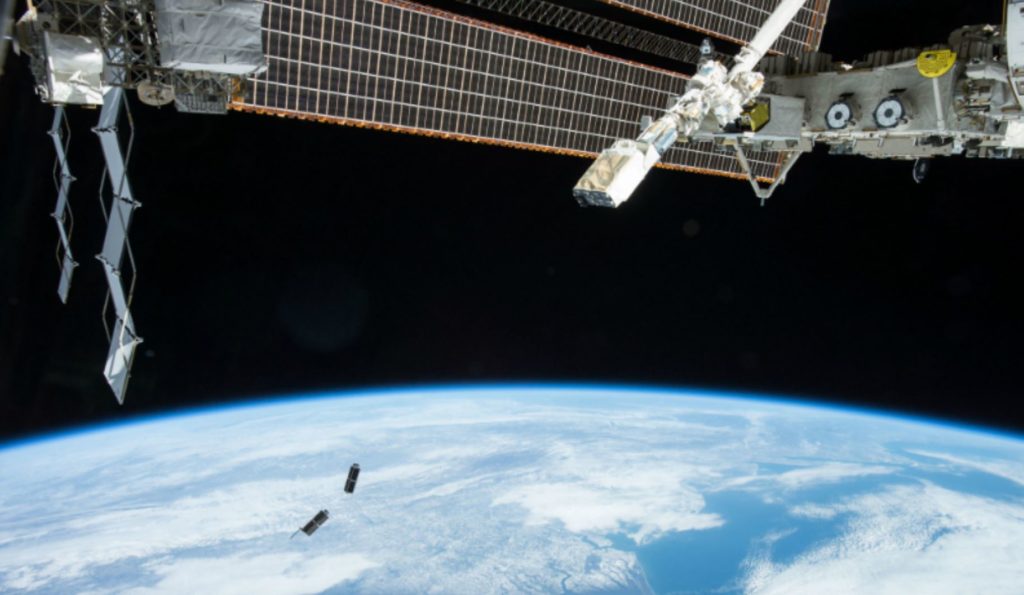
ChatGPT has been taking over the news feed with its revolutionary and frightening ability to bring text production, video, audio and much more to a beyond-human level. But it’s not only invading the internet and business — it is poised to rewrite the rules of satellite surveillance as well.
I’ve been covering advancements in satellite surveillance capabilities since 2017 when it became apparent that low-cost micro satellites were resulting in an arms race to attain the most powerful global imaging systems.
Google Earth, Google Maps and Google Streetview systems already have removed the inherent right to privacy and transferred it to the whim of corporate terms and conditions. However, this pales in comparison to what has been launched by the world’s largest defense contractors, as well as newer providers of commercial space imagery.
Now, as you’ll see below, ChatGPT has coupled with Google Earth Engine for advanced image processing. I wouldn’t exactly call this “a match made in Heaven,” as we are clearly heading toward real-time satellite tracking of anyone and any place on Earth.
As Defense One reports, these new capabilities are being harnessed by the U.S. military in response to the Chinese weather balloon incident, and hold the potential to detect other objects and launches across the globe.
Now that we are heading toward a future of AI-driven detection capabilities, the only question remaining is how AI will be integrated into the response matrix.
Source: activistpost.com




